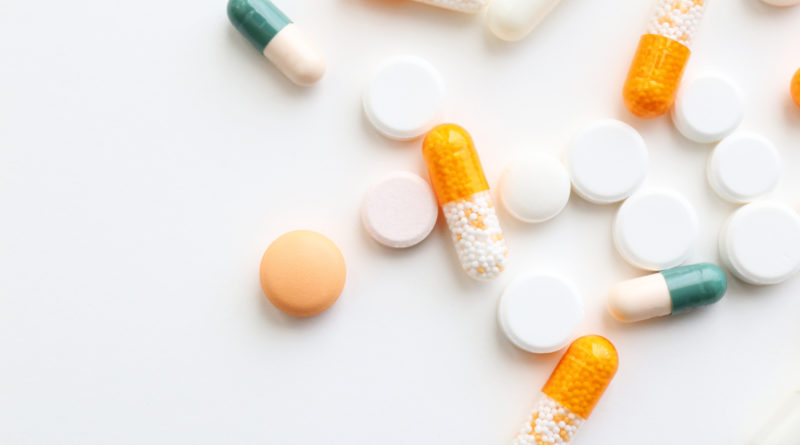Can Remdesivir Treat COVID-19?
4,947 total views, 1 views today
With the U.S. officially surpassing one million COVID-19 cases and the global total number of cases exceeding three million, an effective treatment for the virus that has disrupted human life on every level becomes direr with each passing day. Several drugs have been touted as potential COVID-19 treatment options only to later have their scientific merits brought into question. Today, though, some scientists have reported signs of promise regarding one often-discussed drug: remdesivir.
What is remdesivir?
Among the small number of substances that have made headlines as possible COVID-19 treatments, remdesivir has received perhaps the most attention. It also may seem to be a completely unfamiliar substance name to many people. That’s because remdesivir is a newer, more experimental drug (though it was previously used to attempt to treat ebola).
Remdesivir is an investigational substance developed for its potential antiviral properties. Some lab activity has suggested that the drug may be effective at countering the coronaviruses SARS and MERS-Co-V in animals, and both these viruses are similar to COVID-19. These preliminary results have led to similar human trials, the results of which proved unpromising until today.
Why did remdesivir previously fail to show results?
As recently as late last week, scientific research was published suggesting that remdesivir is ineffective at combating COVID-19 in humans. According to a study comprising 237 patients, not only did remdesivir lead to no improvement in patients, but it also led to undesirable side effects. Among these 237 patients, 158 were given remdesivir and the remainder were given a placebo. There was no significant difference in COVID-19 fatality rates between the two groups, and 18 of the 158 remdesivir patients suffered from side effects.
Why is remdesivir now showing results?
The structure of the experiment reported in last week’s study may explain why more recent studies are showing results. In the scientific study reporting no improvement in patients treated with remdesivir, patients given the drug were compared to a group of patients given a placebo drug. The placebo group, often known in scientific terminology as a control group, is a vital part of a meaningful scientific experiment. Without a control group, other variables cannot be isolated and eliminated, potentially rendering any discoveries questionable.
In a study released today showing promise for remdesivir, there was no control group. According to the preliminary results of a trial in which all 397 patients were given remdesivir, at least half of patients who received the drug for five days improved, with many patients subsequently sent home from the hospital in two weeks. However, with no control group of patients who received no remdesivir treatments, it remains unclear whether remdesivir is actually effective at treating COVID-19.
What about hydroxychloroquine?
Alongside remdesivir, the drug hydroxychloroquine has also been prominently touted as a potential COVID-19 treatment, including by President Trump. Hydroxychloroquine, however, has yet to prove effective for battling COVID-19. The drug, best known for treating arthritis and preventing malaria, may disrupt heart rhythms and thus not be safe for treating COVID-19. Given the concerns surrounding hydroxychloroquine and uncertainty about remdesivir, an effective treatment or cure for COVID-19 remains unrealistic in the near future.

